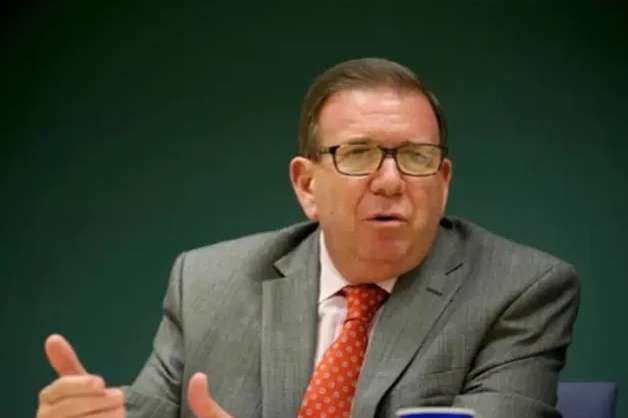Venezuelan Opposition Leader Holds Meeting with President Biden, Intends Return Despite Arrest Threat
The political landscape in Venezuela is deeply fractured, embroiled in a contentious power struggle between incumbent President Nicolas Maduro and opposition leader Edmundo Gonzalez, both of whom claim victory in the last presidential election. This contested election has sparked international concern, fueled domestic unrest, and created a volatile situation with potentially far-reaching consequences for the Venezuelan people. At the heart of the crisis lies the fundamental question of democratic legitimacy and the recognition of the true will of the Venezuelan electorate.
Edmundo Gonzalez, a 75-year-old former diplomat, asserts his victory in the presidential election, presenting purported evidence in the form of tally sheets from over 80% of the country’s voting machines. He has garnered significant international support, notably from the United States, which has openly rejected Maduro’s claim to victory. Following a meeting with US President Joe Biden, Gonzalez described their conversation as “long, fruitful, and cordial,” expressing gratitude for the US’s backing in Venezuela’s pursuit of democratic governance. Despite living in exile in Spain since the disputed election, Gonzalez has declared his intention to return to Venezuela and be sworn in as president, a move that has been met with threats of arrest and prosecution by the Maduro regime.
Nicolas Maduro, on the other hand, maintains his stance as the legitimately elected president, insisting on his victory despite the absence of detailed vote counts from electoral authorities. His claim is supported by Venezuela’s Supreme Court and electoral authority, creating a complex legal and political impasse. This internal support, coupled with the absence of internationally recognized, transparent election results, has allowed Maduro to maintain his grip on power despite widespread international condemnation and domestic opposition. He is set to be sworn in for a third term, further solidifying his control and exacerbating the political crisis.
The international community remains deeply divided on the Venezuelan presidential election. While the US, along with most European nations and several Latin American countries, have rejected Maduro’s claim and expressed support for Gonzalez, other nations have recognized Maduro’s presidency. This division underscores the intricate geopolitical dynamics at play and the challenges in achieving a unified international response to the Venezuelan crisis. The lack of consensus complicates efforts to mediate a peaceful resolution and raises concerns about the potential for further escalation of the conflict.
The disputed election has had a devastating impact on the Venezuelan people, triggering mass protests that have resulted in violence, arrests, and loss of life. Nearly 30 deaths and over 2,400 arrests have been reported in connection with the post-election unrest, highlighting the deep societal divisions and the fragility of the political situation. The threat of further violence and instability looms large, creating a climate of fear and uncertainty for Venezuelan citizens. The humanitarian consequences of the political crisis are also a growing concern, with shortages of essential goods and services exacerbating the suffering of the population.
The future of Venezuela hangs precariously in the balance. Gonzalez’s planned return and intended inauguration pose a direct challenge to Maduro’s authority, setting the stage for a potential showdown with unpredictable consequences. The international community’s response, particularly that of the United States, will play a crucial role in shaping the trajectory of the crisis. The possibility of further sanctions, diplomatic pressure, or even military intervention remains on the table, adding to the complexity and volatility of the situation. The Venezuelan people are caught in the crossfire of this power struggle, desperately hoping for a peaceful resolution that will restore democratic governance and bring an end to the political and economic turmoil that has gripped their nation. The path forward remains uncertain, but the need for a swift and decisive resolution is undeniable.
Share this content:












Post Comment